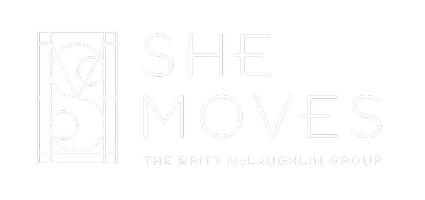Leveraging Your Home Equity for a Smooth Home Sale
As a homeowner planning to sell your house, you've likely heard the term 'home equity.' But what exactly does it mean, and how can it be leveraged to facilitate a smooth home sale? This blog aims to demystify home equity and explore how it can be used in real estate transactions involving buyers and sellers.
So, what is home equity? It refers to the percentage of your home that you actually own; it's the portion of your property that you've paid off. This value naturally increases as you pay down your mortgage over time. Essentially, it is the current market value of your home, minus what you still owe on your mortgage.
Now, you might be wondering, "How much equity do I have?" To determine your home equity, you need to know the current market value of your home. Once you have that, subtract the amount you still owe on your mortgage. The resulting figure is your home equity. For example, if your home is worth $300,000, and you still owe $100,000 on your mortgage, your home equity is $200,000.
So how can you leverage your home equity to facilitate a seamless home sale? One of the ways you can use equity is by offsetting affordability challenges. As a seller, you can use the proceeds from your home sale to pay off your existing mortgage. If there's enough equity, the remaining funds can be used as a down payment on your next home, effectively lowering your new mortgage payments.
For buyers, on the other hand, a seller's home equity can impact negotiations and the sale price. A seller with high home equity has more leeway to negotiate on price as they stand to make substantial profits from the sale. Conversely, a seller with low equity may be less flexible on price as they need to cover the remaining mortgage.
Moreover, home equity can be a safety net for sellers during fluctuating market conditions. If the market dips and house prices fall, sellers with substantial home equity are less likely to end up underwater (owing more on your mortgage than your home is worth).
However, leveraging your home equity shouldn't be done haphazardly. It's crucial to consider several factors, such as the real estate market's current state, your financial situation, and your long-term goals. It's also essential to remember that while it can be an asset, home equity isn't guaranteed. Your home's value can decrease due to factors beyond your control, such as market downturns or changes in your neighborhood.
In conclusion, home equity is a valuable tool that can be leveraged to navigate the often-complex world of real estate. Whether you're a buyer or a seller, understanding home equity and how it can be used to your advantage is key to a smooth home sale or purchase. However, as with any financial strategy, it's always wise to consult with a professional advisor to ensure you're making the best decisions for your situation.
Categories
Recent Posts










GET MORE INFORMATION


